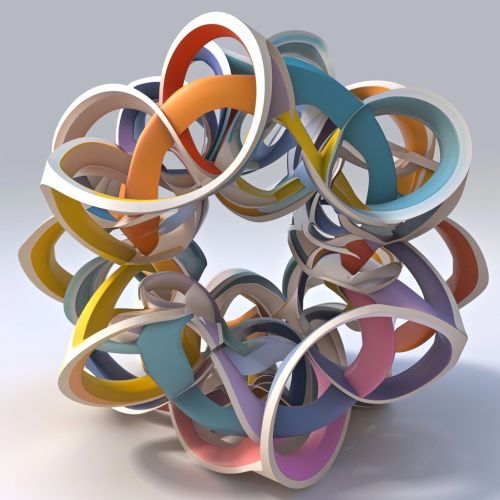Exceptional Lie group
Overview
An Exceptional Lie group is a special type of Lie group that is not part of any infinite series of Lie groups. The classification of these groups is a central part of the study of Lie algebra, a branch of mathematics that deals with continuous transformation groups. Exceptional Lie groups are named as such due to their exceptional nature, as they do not fit into the patterns of the classical Lie groups.

Classification
The classification of Lie groups is a complex task, which involves the use of root systems and Dynkin diagrams. The exceptional Lie groups are classified into five types: G2, F4, E6, E7, and E8. Each of these groups is associated with a unique Dynkin diagram, which provides a graphical representation of the root system of the group.
Properties
Exceptional Lie groups have several interesting properties that distinguish them from other Lie groups. For instance, they have more complicated structure constants, and their representations are less straightforward. These properties make them a rich area of study in mathematics, particularly in the field of representation theory.
Applications
Despite their complexity, exceptional Lie groups have found applications in various areas of mathematics and physics. For example, they play a crucial role in string theory, a theoretical framework in which the point-like particles of particle physics are replaced by one-dimensional objects called strings.
